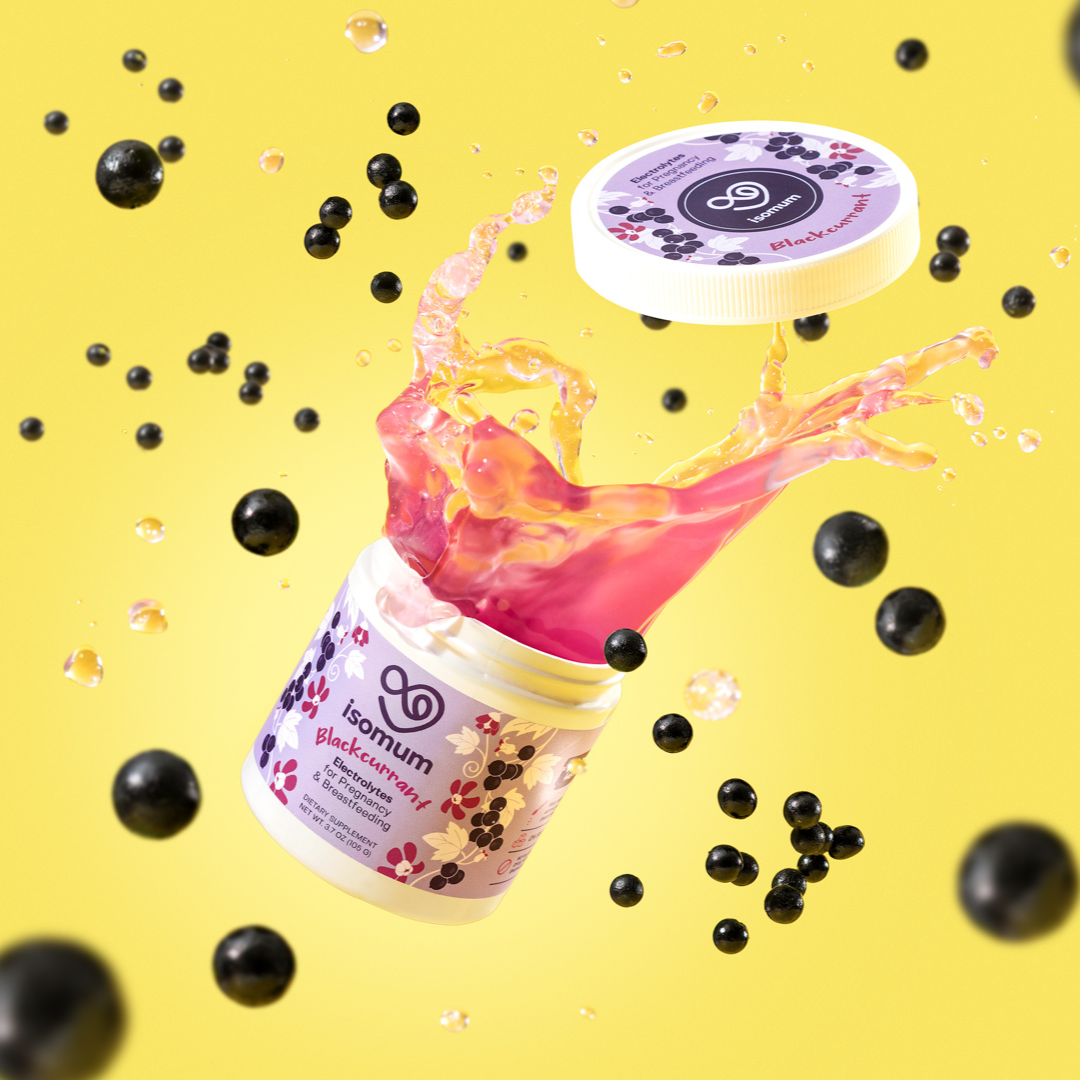Written by Dr Raffat Sayed Phyrose
Pregnancy is a very special and exciting journey for every woman, and they want to do everything to have a healthy baby. But pregnancy comes with a lot of challenges both physically and mentally, where the health of mother and child is very important. One such challenge that comes during pregnancy is dehydration, as the mother has to cope with the physical changes as well as provide the ingrowing foetus ample amount of nutrition through amniotic fluid which provides nutrition to the baby and acts as a cushion in the placenta.
Why proper hydration is necessary during pregnancy.
An expecting mother has to have the intake of liquids much more than a usual individual, as she has to provide adequate nutrients to her baby through amniotic fluid, which is rich in albumin that is protein, alkaline phosphatase, chloride, glucose, phosphorus, and magnesium, so her liquid intake should be rich in electrolytes too. Apart from simply providing nutrients to the ingrowing baby, the fluid in the correct electrolyte balance will keep the to-be mother energetic and healthy.
Causes and signs of dehydration in expected mothers.
The most common cause of dehydration during pregnancy is morning sickness i.e nausea and vomiting during the first three months of pregnancy. Secondary causes can be urinary tract infection, not drinking an adequate amount of water, and low absorption of water. Expecting mothers having dehydration may experience symptoms like: dryness of skin and mouth, less urination, constipation feeling weak, and even having lightheadedness.
Complications and issues can arise if dehydration is not managed.
If dehydration is not still managed after having these signs, it can lead to constipation and hemorrhoids which in the case of expecting mothers may be very troublesome to tackle. She may even have Braxton Hicks contractions which are false labor pains if she remains dehydrated causing trouble to the baby.
How to correct dehydration.
Taking the optimal amount of fluids, and increasing the amount that she was taking. Avoid any caffeinated drinks to prevent dehydration, as caffeine absorbs fluids and electrolytes. Have fruits that contain natural water, try to have fruit juices and soups. Opt for electrolyte liquids as they will help in regaining the fluids in the body quickly. Adding electrolytes to the daily intake will not only help in hydrating the pregnant woman but also will also give optimal nutrition to the baby in the amniotic sac.
How much electrolyte intake is required for a mothers-to-be?
The electrolytes which are necessary during pregnancy and Sodium, Calcium, Magnesium Chloride, Potassium, Bicarbonate, and Phosphorus. Although these electrolytes may not be received in optimal quantity through a normal diet, so dietary supplements and electrolyte drinks are recommended.
The correct amount of electrolytes required by a pregnant lady are:
Sodium: 5 grams
Potassium: 4.7 grams
Magnesium: 300 mg
Calcium: 1000 to 1300 mg
Chloride, Phosphorus, and bicarbonate should be available in traces.
About the author
Dr Raffat Sayed Phyrose is a Homoeopathic Doctor and Resident Medical Officer based in Dubai. She is an expert in the fields of Oncology, Gynecology, Gastroenterology and Orthopedics.
Bibliography
Oxford textbook of Obstetrics and Gynaecology.
Netter’s Obstetrics and Gynecology
Textbook of Obstetrics by D.C Dutta


